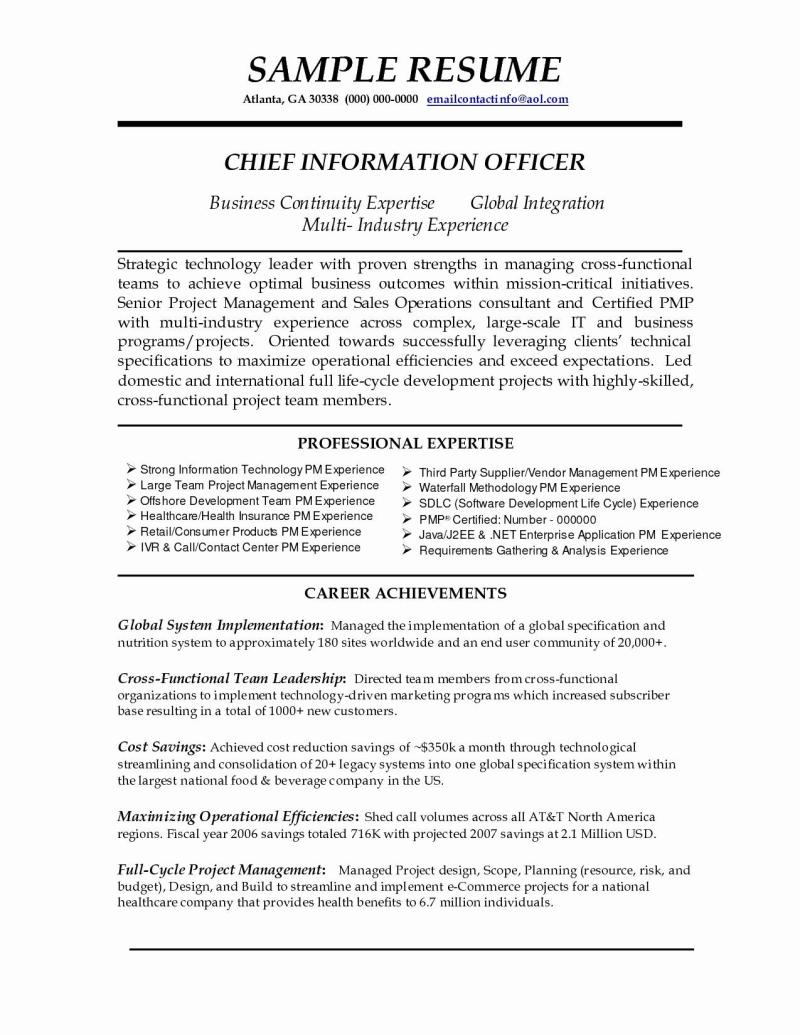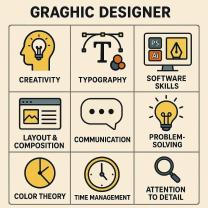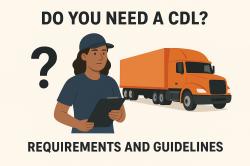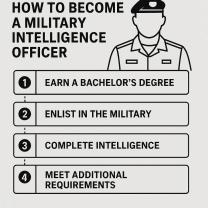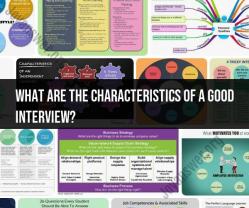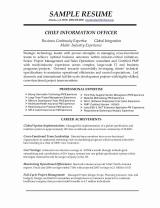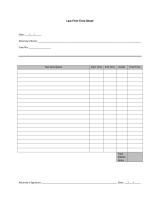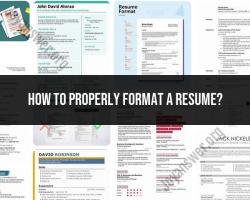How to write the best resume summary statement?
Writing an effective resume summary statement is crucial for capturing the attention of employers and highlighting your qualifications. Here are key elements and tips to help you write the best resume summary statement:
Key Elements:
Conciseness:
- Keep your summary statement concise. Aim for a brief and impactful overview of your skills and experience.
Relevance:
- Tailor your summary to the specific job you are applying for. Focus on the skills and qualifications that align with the job requirements.
Showcase Achievements:
- Highlight key achievements in your career. Quantify accomplishments whenever possible to demonstrate your impact.
Skills:
- Include key skills that are relevant to the job. This can include both technical and soft skills. Use keywords from the job description.
Professional Tone:
- Maintain a professional tone in your summary. Avoid using first-person pronouns and focus on presenting yourself as a qualified candidate.
Career Level:
- Mention your career level (entry-level, mid-career, or senior) to provide context for your experience.
Tips for Writing:
Start with a Strong Opening:
- Begin your summary with a strong opening that grabs attention. This can be a key accomplishment, a relevant skill, or a statement that reflects your professional identity.
Example:Dynamic marketing professional with a proven track record of driving 20% revenue growth through strategic campaigns.
Use Action Verbs:
- Use action verbs to convey a sense of achievement and impact. Begin phrases with powerful verbs to demonstrate your contributions.
Example:Led cross-functional teams to implement cost-saving initiatives resulting in a 15% reduction in operational expenses.
Quantify Achievements:
- Quantify your achievements whenever possible. Numbers and percentages provide concrete evidence of your success.
Example:Increased customer satisfaction by 25% through the implementation of a new customer service training program.
Tailor to the Job:
- Customize your summary for each job application. Highlight the skills and experiences that are most relevant to the specific role.
Include Keywords:
- Use keywords from the job description to ensure that your resume passes through applicant tracking systems (ATS) and is noticed by recruiters.
Example:Proficient in Java, Python, and SQL; experience with data analysis and machine learning.
Highlight Unique Selling Points:
- Identify and emphasize your unique selling points. What sets you apart from other candidates? Highlight these strengths.
Example:Versatile project manager with a background in IT and a PMP certification, known for delivering complex projects on time and within budget.
Avoid Clichés:
- Avoid overused phrases and clichés. Be specific and use language that sets you apart.
Example:Results-driven marketing professional with a passion for data-driven decision-making.
Proofread:
- Proofread your summary to ensure it is free of grammatical errors and typos. A polished summary reflects attention to detail.
Remember, the resume summary is often the first thing employers read, so make it compelling and tailored to make a strong first impression.
What is the process for crafting the best resume summary statement?
Crafting the perfect resume summary statement is an art, not a science. It's your elevator pitch, your chance to make a lasting impression in just a few seconds. Here's a process to help you craft a statement that will get you noticed:
1. Know your audience: Tailor your statement to the specific job you're applying for. Read the job description carefully and highlight the skills and experience that are most relevant.
2. Start strong: Use powerful action verbs and specific keywords to grab the reader's attention. Avoid generic phrases like "hard-working" or "motivated."
3. Quantify your achievements: Use numbers and metrics to showcase your impact. For example, "Increased sales by 20% through targeted marketing campaigns."
4. Keep it concise: Aim for 2-3 sentences, or no more than 50 words. Your summary statement should be a quick overview, not your entire resume.
5. Proofread carefully: Typos and grammatical errors will make you look unprofessional. Have someone else proofread your statement before you submit it.
Here's a template you can use to get started:
- [Your Job Title] with [Number] years of experience in [Industry]. Proven track record of [Achievement 1] and [Achievement 2]. Skilled in [Skill 1], [Skill 2], and [Skill 3]. Passionate about [Industry] and driven to [Goal].
Here are some examples of strong summary statements:
Results-oriented Marketing Manager with 5+ years of experience in the tech industry. Successfully increased brand awareness by 30% and generated 20% more leads through innovative social media campaigns. Skilled in content marketing, SEO, and analytics. Passionate about using technology to connect with customers and drive business growth.
Highly motivated Software Engineer with a proven track record of building and launching successful web applications. Proficient in Python, Java, and ReactJS. Successfully developed and deployed a new e-commerce platform that resulted in a 15% increase in online sales. Eager to contribute my skills and expertise to a fast-paced and innovative team.
Creative and passionate Graphic Designer with 3 years of experience in branding and advertising. Skilled in Adobe Photoshop, Illustrator, and InDesign. Developed award-winning branding campaigns for Fortune 500 companies. Eager to use my creativity to help your brand stand out.
Remember, there is no one-size-fits-all formula for the perfect resume summary statement. The most important thing is to be clear, concise, and relevant to the job you're applying for.
Bonus tip: Use a keyword scanner to make sure your resume summary statement includes the most important keywords from the job description. This will help your resume get noticed by applicant tracking systems (ATS).
I hope this helps! Good luck with your job search!
